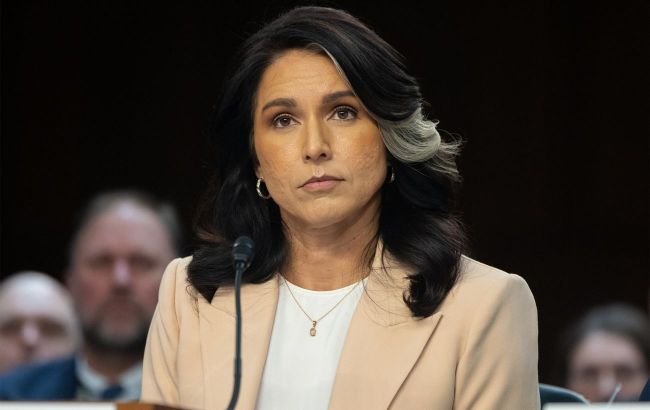US suspends sharing intelligence on Russia-Ukraine negotiations - CBS
 Photo: Tulsi Gabbard
Photo: Tulsi Gabbard
US Director of National Intelligence Tulsi Gabbard has issued a directive barring the sharing of information on peace negotiations between Russia and Ukraine with Washington’s allies, according to CBS News.
Sources say that in a memorandum dated July 20 and signed by Gabbard, intelligence agencies were instructed not to share such information with the Five Eyes alliance - a post-World War II intelligence partnership comprising the US, the UK, Canada, Australia, and New Zealand.
Officials confirmed that the directive classifies all data related to the unstable Russia-Ukraine peace talks as NOFORN, meaning it cannot be disseminated abroad.
This effectively means that information cannot be shared with other countries or foreign nationals. Only information that has already been made public may be disseminated.
The memorandum also restricts the distribution of materials related to the peace negotiations by the agencies that prepared or provided the intelligence.
At the same time, the document does not appear to impede the sharing of diplomatic information collected through other means (outside of US intelligence) or prohibit the exchange of military operational data unrelated to the negotiations. Such information includes details that the US shares with Ukrainian forces to support defensive operations.
"Among the reasons for that sort of default is the expectation that we and the other four are all sitting on the same side of the table with some other adversary on the other side,” explained Steven Cash, a former CIA officer.
He added that allies must have a comprehensive intelligence picture so that policymakers and negotiators can coordinate their positions and strike the most advantageous deals - or conduct the most effective war.
Zelenskyy-Putin meeting
Last week, US President Donald Trump met with Kremlin leader Vladimir Putin in Alaska. On August 18, he hosted European leaders at the White House alongside Ukrainian President Volodymyr Zelenskyy.
Ahead of the summit, there had been discussions about a potential trilateral meeting between Zelenskyy, Putin, and Trump. However, following recent developments, the US president suggested that Zelenskyy and Putin meet first without his participation.
In recent days, the Ukrainian leader stated that any meeting with Putin should take place on neutral European ground - specifically in Austria, Switzerland, or Türkiye.
Following the Washington summit, Trump announced that he would begin working on arranging a bilateral meeting between Zelenskyy and Putin. Moreover, according to Trump, the Kremlin leader is reportedly ready for negotiations.
However, yesterday, Russian Foreign Minister Sergey Lavrov said that Putin is willing to hold a bilateral meeting, but only if all issues requiring discussion at the highest level are thoroughly prepared.
Media reports indicate that Putin’s conditions for ending the war include the withdrawal of Ukrainian forces from the Donetsk and Luhansk regions. In exchange, he is reportedly ready to freeze the front line in Zaporizhzhia and Kherson regions and withdraw Russian troops from small areas of Sumy, Kharkiv, and Dnipropetrovsk regions.
Zelenskyy recently stated that Ukraine is not prepared to cross several red lines regarding a potential territorial exchange with Russia. He also noted that it could take the adversary another four years to capture the Donbas.

